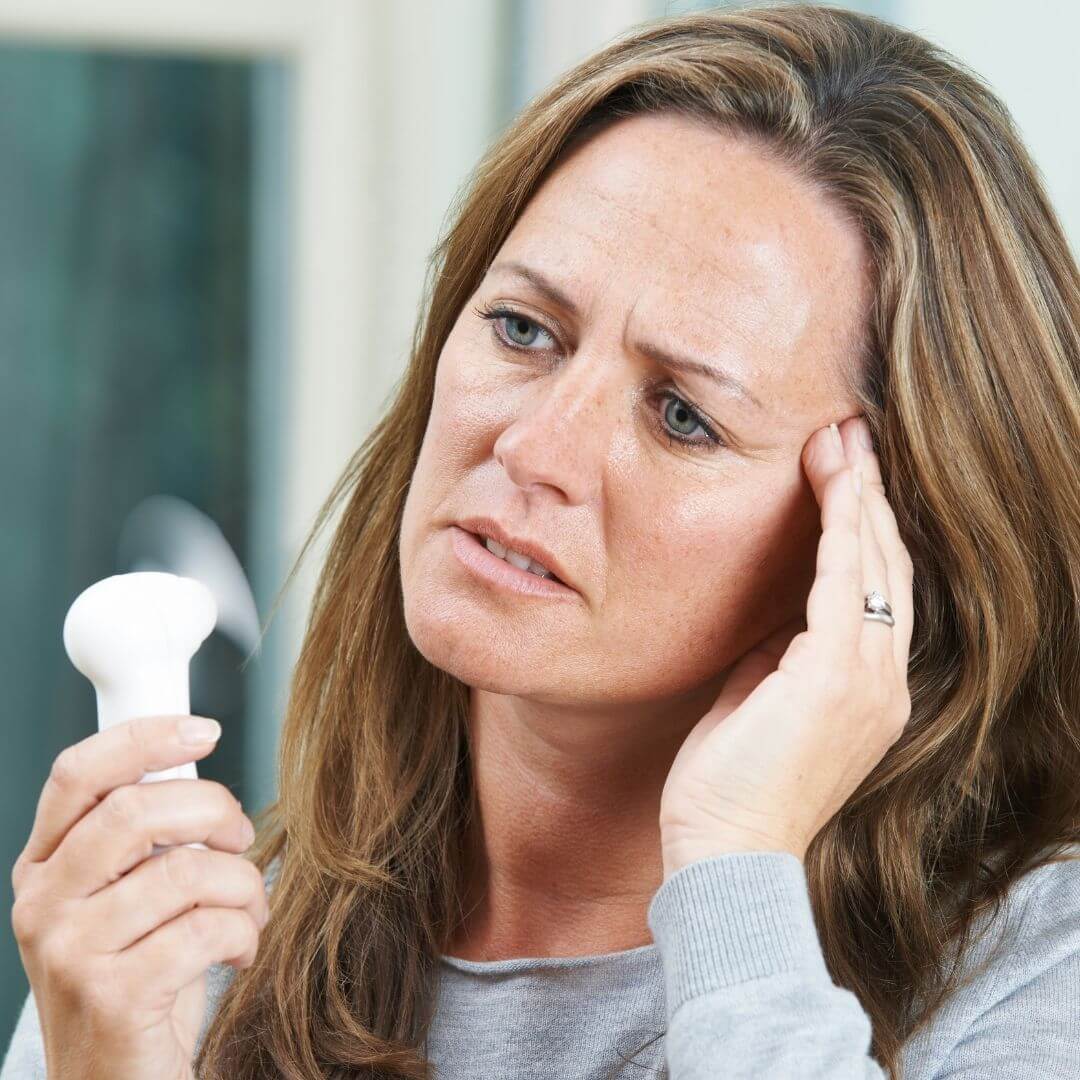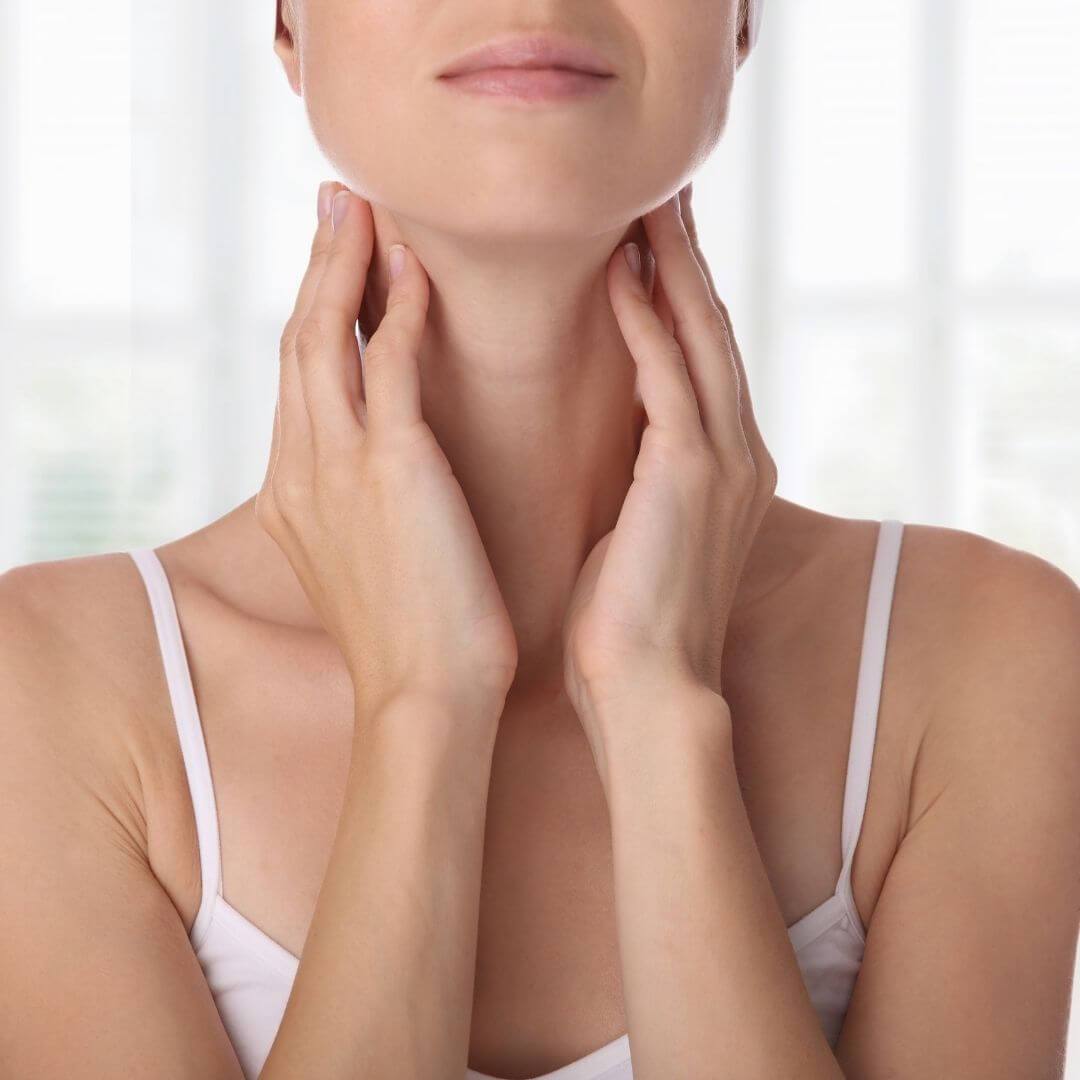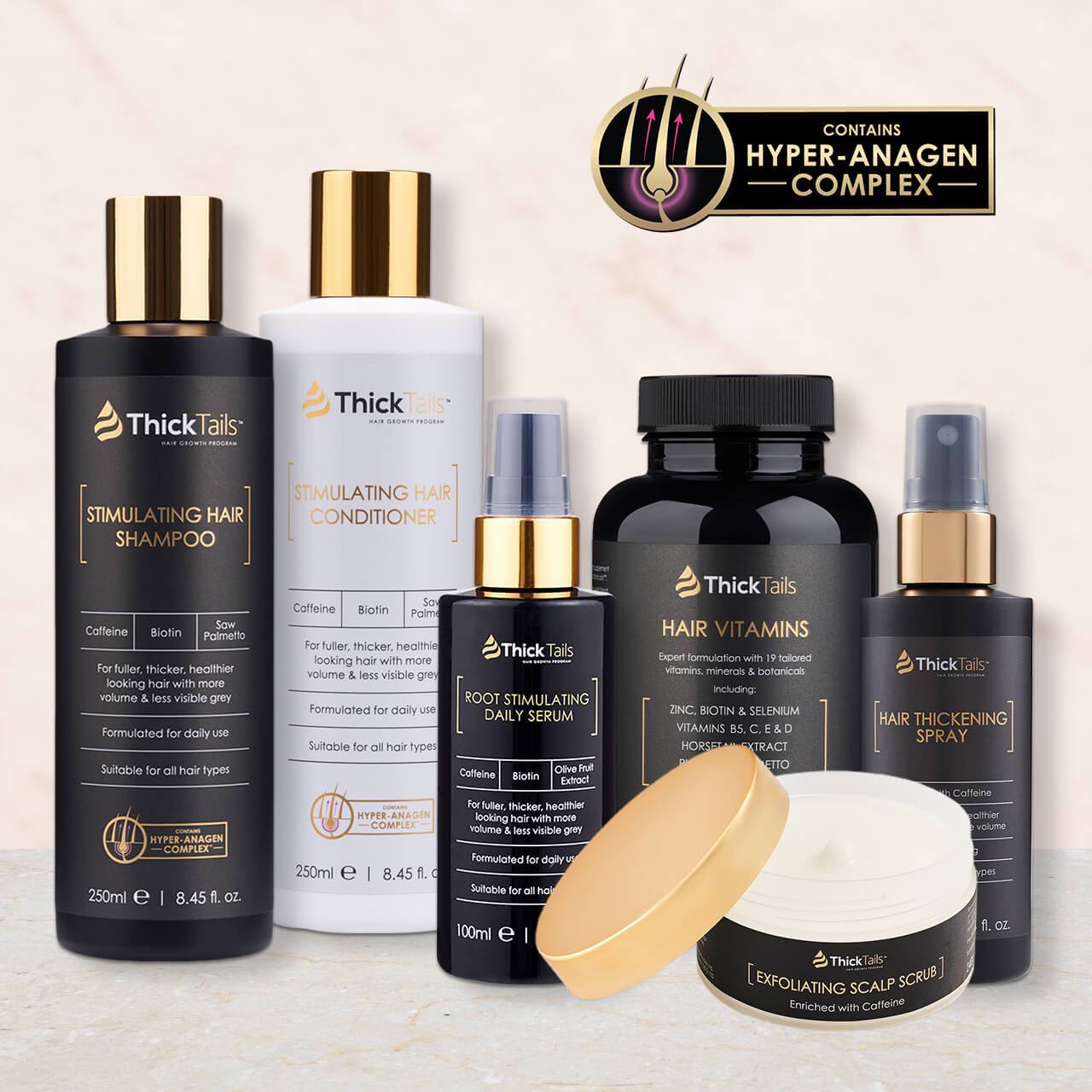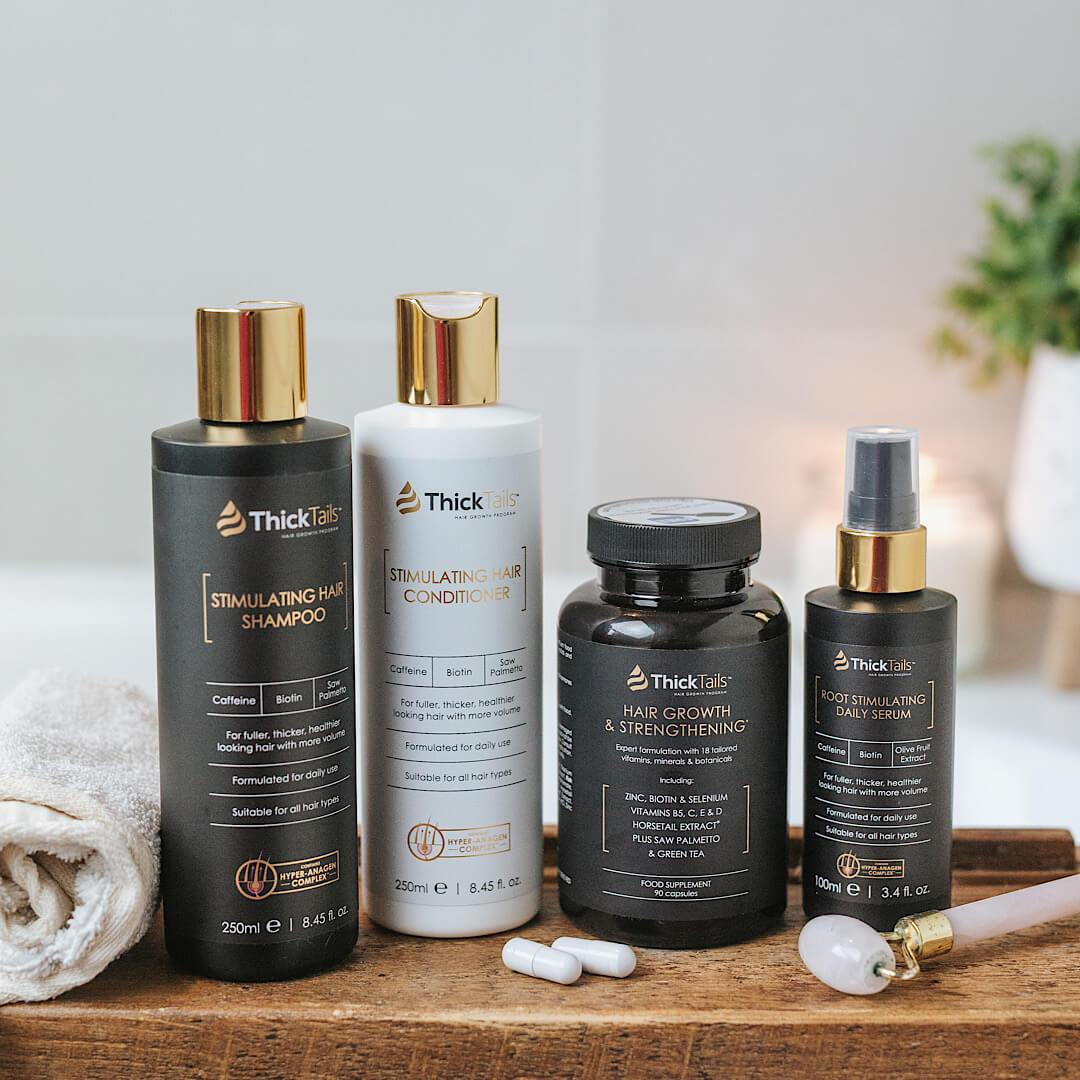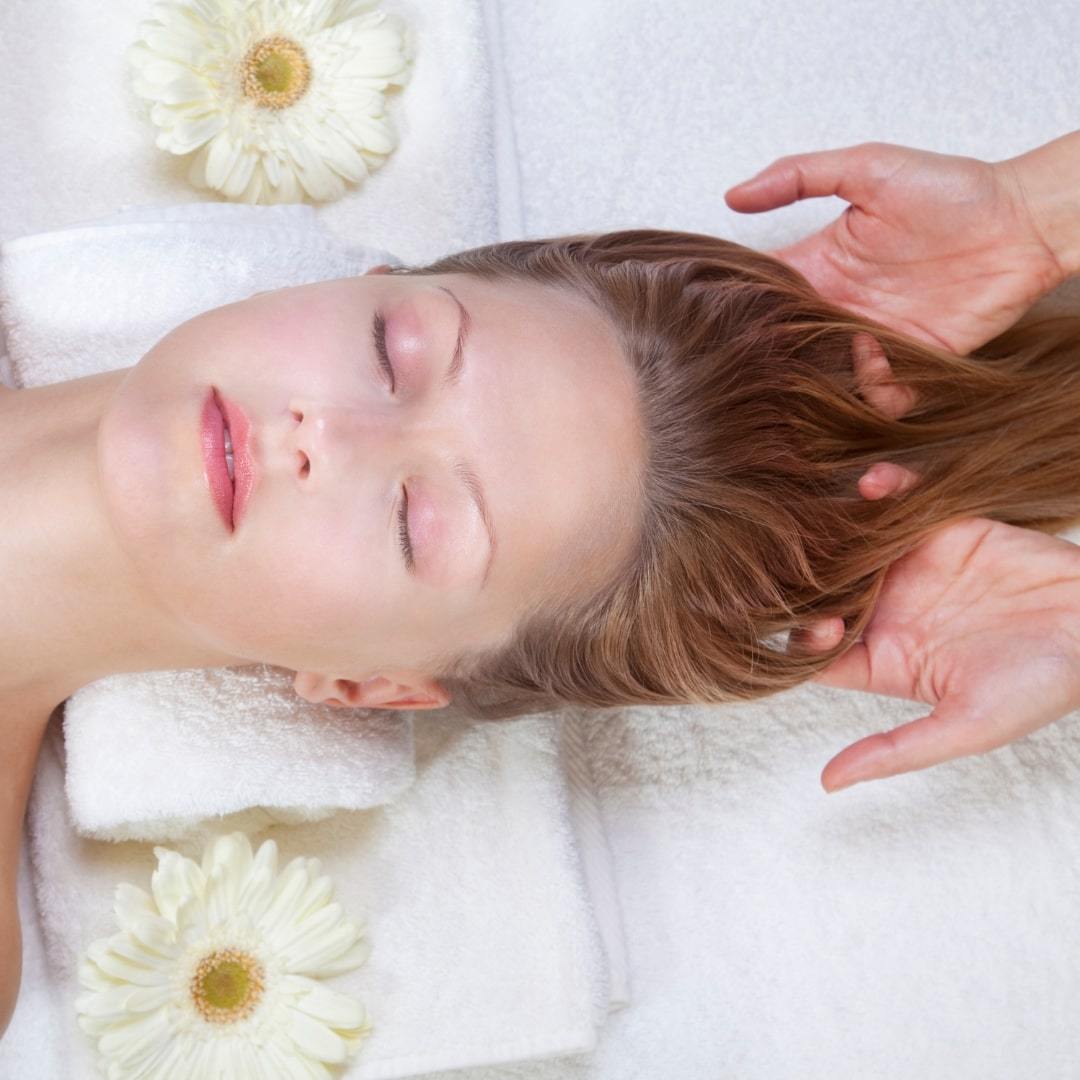Starting to lose your hair can be a daunting experience for any man. Not only does it have physical effects, but it can also take a toll on one's self-confidence and self-esteem. Hair loss is a very common problem among men and unfortunately, there are many underlying reasons that could contribute to it, from genetics to lifestyle habits. In this blog post, we will explore the most common hair problems in men and provide valuable insights on how to solve them. Whether you're currently experiencing hair thinning or just want to be proactive in preventing future hair loss, this article is for you. So let's dive into the world of male hair concerns and find out how you can tackle them head-on!
I. Hair Loss Problems: Causes and Solutions

Hair loss can be a frustrating and unexpected problem for both men and women. While hair loss is often associated with men, it can affect anyone at any age. There are many factors that can contribute to hair loss, such as genetics, stress, hormonal changes, and poor nutrition. Thankfully, there are also many solutions available to combat hair loss. From topical treatments to dietary changes, understanding the root cause of your hair loss is the first step in finding a solution that works for you. By educating yourself on the causes and solutions of hair loss, you can take control of your hair health and get back to feeling confident and comfortable in your own skin.
A. Genetic Factors: Understanding Male Pattern Baldness
Male pattern baldness is a hair problem that affects millions of men worldwide. While hair loss can be attributed to several factors, genetic factors are the primary cause of male pattern baldness. Understanding the genetic basis of this phenomenon can offer a clue to why some men bald while others don't. Male pattern baldness typically starts with hair loss at the temples and crown of the head, eventually leading to partial or complete baldness. While there may not be a cure for male pattern baldness, understanding the role of genetics in its development can help identify potential treatments. With more research and understanding, we may eventually develop better strategies to help preserve hair for men who are prone to male pattern baldness.
B. Hormonal Imbalances: Impact of DHT on Hair Follicles
Many men experience hair problems at some point in their lives, and hormonal imbalances can often be a contributing factor. One of these imbalances is an increase in the hormone dihydrotestosterone, or DHT, which can have a significant impact on hair follicles. DHT binds to the hair follicles and reduces their size, shortening the growth phase of hair and prolonging the resting phase, ultimately leading to hair loss. Understanding the role of DHT in hair loss can help men take steps towards preventing or treating this common issue.
C. Effective Treatments: Minoxidil, Finasteride, and Natural Supplements
For many men, issues with hair loss can be a source of frustration and low self-esteem. Thankfully, there are several effective treatments available to help combat this problem. Two of the most popular and medically-proven options are minoxidil and finasteride. Minoxidil is a topical treatment that works by increasing blood flow to hair follicles, while finasteride is a prescription medication that inhibits the enzyme that converts testosterone into DHT, a key hormone in the hair loss process. However, for those who prefer a more natural approach, there are also several supplements that have been shown to help with hair growth, such as biotin and saw palmetto. It's important to note that everyone's hair loss situation is different and that it's always best to consult with a doctor or dermatologist before beginning any treatment regimen.
II. Dandruff and Scalp Issues: Prevention and Care
Dandruff and other scalp issues can be quite the hair problem for men. Not only can it be embarrassing, but it can also be uncomfortable. Fortunately, there are preventative measures that can be taken to help alleviate this issue. Simple measures such as washing your hair more frequently or using a specialized shampoo can be incredibly effective. In addition, avoiding certain hair products and making sure to thoroughly rinse your hair can also help prevent dandruff and other scalp irritations. Although it may seem like a minor issue, dandruff should not be ignored as it can become a persistent problem if left untreated. Taking a few preventative measures can go a long way in maintaining a healthy scalp and ensuring that you have dandruff-free hair.
A. Causes of Dandruff: Dry Scalp vs. Seborrheic Dermatitis
Dandruff is a common hair problem that affects both men and women. One of the causes of dandruff is dry scalp, which occurs when the scalp doesn't produce enough natural oils to keep the skin hydrated. Another common cause of dandruff is seborrheic dermatitis, a condition that occurs when the scalp produces excess oils which can cause a buildup of dead skin cells and lead to flaking. While dry scalp and seborrheic dermatitis share similar symptoms, they require different treatments. Identifying the cause of your dandruff can be a challenge, but once you do, you can take steps to effectively manage and improve the health of your scalp. With proper care and treatment, you can say goodbye to dandruff and enjoy healthier, flake-free hair.
B. Best Shampoos: Ingredients to Look for in Anti-Dandruff Shampoos
Dandruff can be a frustrating hair problem, especially for men. Luckily, anti-dandruff shampoos can help alleviate those pesky flakes and soothe an itchy scalp. When searching for the best anti-dandruff shampoos, it's essential to look for certain ingredients. Two of the most effective ingredients are pyrithione zinc and salicylic acid. Pyrithione zinc works by slowing down the growth of yeast on the scalp, which is often the culprit for dandruff. Salicylic acid, on the other hand, helps to exfoliate the scalp and eliminate dead skin cells, which can also lead to dandruff. By choosing shampoos that contain these ingredients, men can effectively combat their dandruff and enjoy a healthier, happier scalp.
C. Scalp Health: Regular Exfoliation and Moisturizing
Healthy hair is essential to feel good and confident. However, hair problems can occur due to different reasons, and men are not exempted. One of the common hair issues that men face is an unhealthy scalp. Regular exfoliation and moisturizing can improve scalp health and prevent hair problems, including dandruff or folliculitis. Exfoliating removes the dead skin cells and product buildup, allowing the hair follicles to breathe and reducing the risk of infections and inflammation. On the other hand, moisturizing helps in adding hydration to the scalp and preventing dryness and itchiness. To maintain healthy and luscious hair, men should follow a regular scalp care routine that includes exfoliating and moisturizing.
III. Dryness and Breakage: Maintaining Moisture and Strength

Hair problems such as dryness and breakage can be a common issue for men. It can be frustrating to have hair that looks and feels brittle and lifeless. Fortunately, maintaining both moisture and strength in your hair can help improve its overall health and appearance. One way to combat dryness is to use a good quality conditioner regularly and to avoid over-shampooing, which can strip the hair of its natural oils. Additionally, incorporating a hair mask into your routine can provide an added boost of hydration to your locks. To prevent breakage, be mindful of how you handle your hair, especially when it's wet or damp. Avoid tugging, pulling, or using harsh tools like brushes with stiff bristles. Instead, use a wide-toothed comb or your fingers to gently detangle your hair. With consistent care and attention, you can help keep your hair looking and feeling healthy and strong.
A. Common Causes: Environmental Factors and Over-Washing
Hair problem is a common issue among men, and it can arise due to various causes, including environmental factors and over-washing. Environmental factors such as pollution and harsh weather conditions can strip the scalp of its natural oils, leading to dryness and flakiness. On the other hand, over-washing can also strip the scalp of its natural oils, as shampoo tends to be harsher than regular soap. As a result, the scalp may become dry and itchy, leading to hair problems. It's crucial to strike a balance between washing your hair enough to keep it clean and avoiding over-washing that can cause damage to the scalp. Taking good care of your hair can help prevent hair problems caused by environmental factors and over-washing.
B. Moisturizing Products: Conditioners, Leave-In Treatments, and Serums
Shampoo and conditioner aren't the only products that can nourish your hair. For men struggling with dry, dull, or damaged hair, the addition of a leave-in treatment or serum can work wonders. These moisturizing products work to deeply penetrate the hair shaft, providing essential nutrients and hydration that can revive lackluster locks. Whether you're dealing with split ends, frizz, or overall dryness, incorporating a leave-in treatment or serum into your haircare routine can help keep your hair looking healthy and hydrated. So why not try one out and see the difference it can make for your hair problem?
C. Healthy Hair Practices: Reducing Heat Styling and Chemical Treatments
Maintaining healthy hair practices like reducing heat styling and chemical treatments is crucial for the overall health of your hair. Using the right shampoo and conditioner, and incorporating a serum into your hair care routine, can provide essential nutrients to strengthen your locks. Men often face specific hair problems like thinning or balding, making it even more important to take proper care of their hair. Reducing heat styling and chemical treatments can help prevent further damage and provide a healthier environment for your hair to thrive. By adopting these healthy hair practices, you can maintain strong and shiny locks for years to come.
In conclusion, we have discussed the common hair issues of hair loss, dandruff and scalp problems, and dryness and breakage, and their causes and solutions. Understanding the genetic factors and hormonal imbalances that contribute to hair loss can help individuals make better choices in treating male pattern baldness. Furthermore, incorporating effective treatments such as minoxidil, finasteride, and natural supplements can significantly improve hair growth. Additionally, taking care of dandruff and scalp issues by using anti-dandruff shampoos with key ingredients, regularly exfoliating and moisturizing the scalp, can promote a healthier scalp environment. Moreover, maintaining moisture and strength in the hair through healthy practices like avoiding excessive heat styling and chemical treatments is essential for preventing dryness and breakage. Remember to invest in good quality hair care products like shampoo and conditioner as well as a nourishing hair serum to keep your locks healthy from root to tip. So next time you notice any of these hair issues, don't panic but rather take action by implementing these tips for optimal results. Let's strive towards maintaining a healthy head of hair together!

